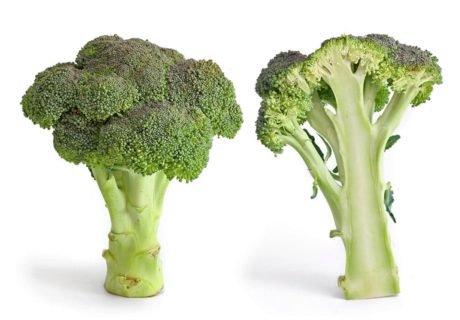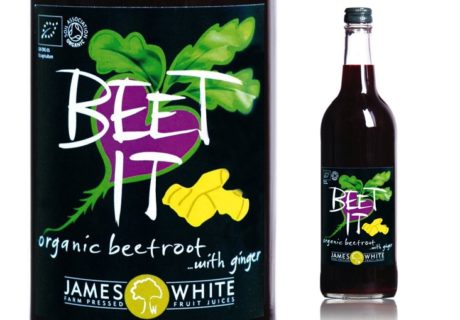The company which owns the UK’s best-selling echinacea brand says it “disagrees” with official new advice that the herb should not be taken by children under 12.
This week the Medicines and Healthcare products Regulatory Agency (MHRA) advised parents and carers not to use oral herbal products containing echinacea for children under the age of 12.
The Agency says it is acting after receiving precautionary advice from the European Herbal Medicinal Products Committee (HMPC) and from the UK Herbal Medicines Advisory Committee (HMAC) that taking echinacea may carry a low risk of allergic reaction, including anaphylactic shock.
But A. Vogel, the company which manufactures the best-selling Echinaforce products, says the MHRA’s advice is based old data, not new findings about side effects. The company points out that the HMPC monograph, used to justify the MHRA’s decision, acknowledges that there is currently no data on specific risk when echinacea is used by children over the age of one.
The company also notes that the one research paper suggesting that in very rare cases echinacea can be associated with allergies was not a controlled study and described reactions in just five adults who were atopic – ie especially prone to all forms of major allergies.
Dr Jen Tan, medical director at A. Vogel, told Natural Products: “As part of Pharmacovigilance we carry out adverse reaction reporting. Since 2003 there has been no report of children experiencing allergic reactions from our echinacea products. Even the two cases of accidental overdose reported didn’t produce any symptoms. So we really do question the thinking behind this new advice from the MHRA.”
Tan said that A. Vogel products were singled out by the MHRA “probably because we are well known”. He added: “What we don’t have here is a level playing field since, as the MHRA statement acknowledges, unlicensed echinacea products remain on the market.”
A. Vogel says that, while disagreeing with the MHRA’s position, it “has no choice but to comply and change the dosage instructions on our packaging”.
• In a statement sent to retailers, the company emphasises that the new advice does not extend to children over 12.




